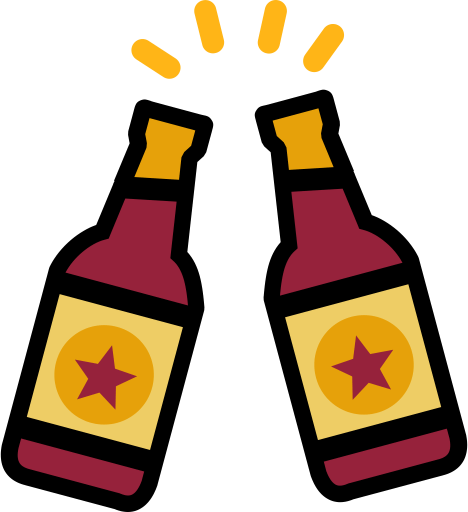What other sources are there for yeast without purchasing specific supplies of any kind?
I’ve done several lactose fermentation experiments and am currently playing with figurative fire by washing and running fruits through a food processor, letting them go active in a (burped) container and then adding them to other fruit juices. Currently I have a small apple for yeast that I added to pealed lemons and some lemon juice. I have no expectations for the results, and intend on buying nothing.


I think that wine yeasts are basically refined strains of the common bread yeast, saccharomyces cerevisiae. Actually a lot of traditional recipes for alcoholic beverages call for bread yeast, like beetroot sherry for example, because that’s what regular people had access to in the olden days.
Interesting. I thought bread yeast was limited to ~10% abv. Am I missing something or misinformed?
It probably varies, but in principle yeah. Bread yeast main purpose is CO2 production and in winemaking gases are considered a side effect. Hence the refinement into different strains. Still, even 8% homemade wine is better than none.
There are also people doing all kinds of wild ferments with both wine and ciders from whatever yeasts happen to be in the air and battle it out and become dominant. Sort of you never know what you’ll end up with. I don’t know much about it but it seems like fun.
I once made a batch of mead using literally bread yeast and it ate up all the sugars finishing at around 16% ABV. It didn’t taste good though …